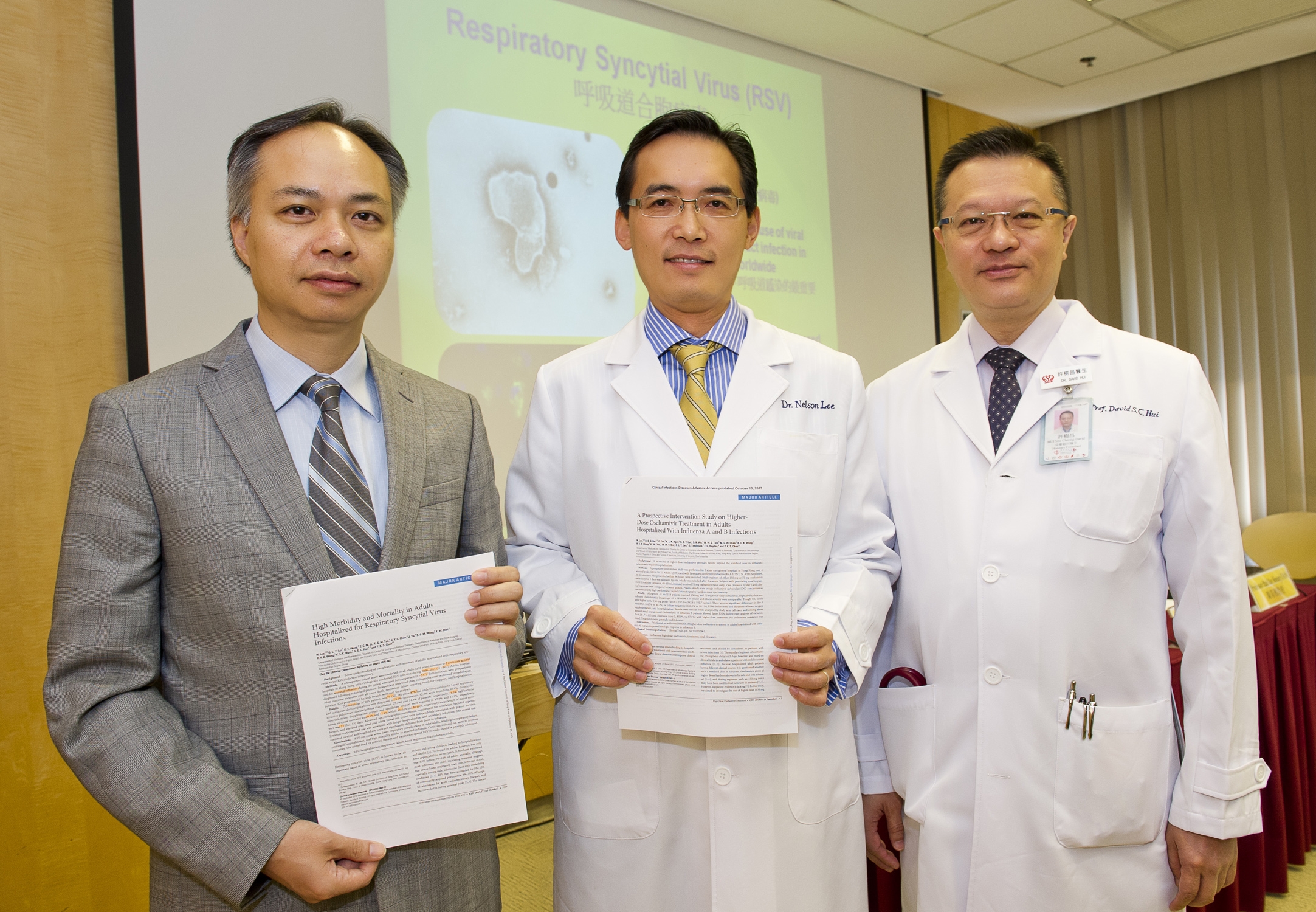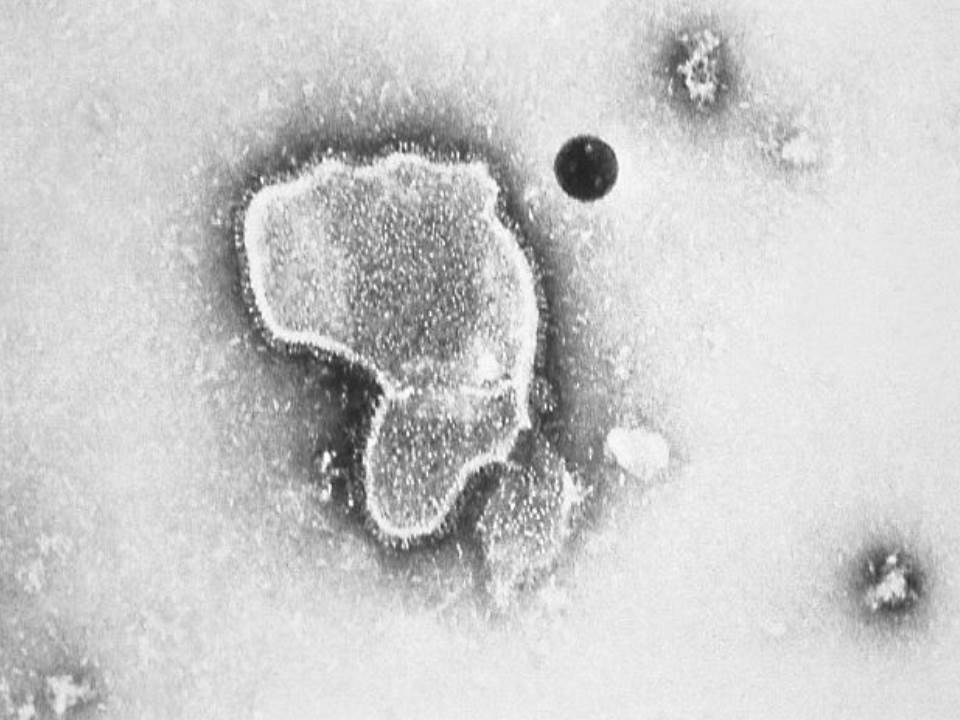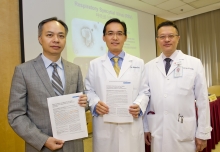CUHK
News Centre
CUHK Conducts Asia’s Largest Clinical Study on Life-threatening Infections caused by RSV and Influenza in Hong Kong Adults and Elderly
Respiratory syncytial virus (RSV) and influenza are common viral infections in Hong Kong. They are generally believed to cause mild, upper respiratory tract infections in young children. However, their seriousness and potential to cause life-threatening infections in adults and the elderly have been under appreciated. The Chinese University of Hong Kong (CUHK) has recently conducted two research studies on infections caused by RSV and influenza among Hong Kong adults and elderly. The results were published in the two current issues of the leading journal Clinical Infectious Diseases in October 2013.
The Department of Medicine and Therapeutics and the Department of Microbiology at CUHK performed Asia’s largest clinical study among over 1,000 hospitalized adults and elderly infected with RSV and influenza during 2009 – 2011. Under the leadership of Prof. Nelson Lee, Prof. David Hui and Prof. Paul Chan, the research team analyzed and compared the severity and outcomes of 607 RSV patients (age range 59 – 91) and 547 seasonal influenza patients. Research results showed that patients with underlying conditions were more easily affected by the viruses, and the majority (72%) had serious complications, including pneumonia, acute airway obstruction, and acute cardiovascular diseases. About 13% had superimposed bacterial infections. Over 68% developed hypoxia, and 11% required ventilation or ICU care. Mortality was high among hospitalized RSV patients. The death rates at 30 days and 60 days were 9% and 12% respectively despite antibiotics treatment. Prolonged hospitalization (12 days) was often required. Severity was comparable to the influenza cases.
The research team has proven that neuraminidase inhibitors can suppress influenza virus growth and improve survival of hospitalized adults. In this study, however, it was found that the conventional 5-day course of treatment was inadequate in seriously-ill patients as less than 50% of the cases could achieve viral clearance. Elderly, male sex, and patients with pneumonia and A/H1N1 (‘human swine flu’) infection were associated with slower responses, thus a longer course might be required. Doubling the treatment dose did not significantly increase viral clearance rate in influenza A, but there was improvement in influenza B.
Prof. Nelson Lai Shun LEE, Head of Division of Infectious Diseases, Department of Medicine & Therapeutics at CUHK said, “Droplet precautions, keeping personal especially hand hygiene and annual influenza vaccination are effective preventive measures. Rapid, accurate diagnosis and appropriate antiviral therapy may improve patients’ survival and reduce disease transmission in the hospital.” Diagnosis of RSV is rather difficult. Researchers are working on the development of vaccine and antiviral treatment against RSV.
(From left) Prof. Paul K.S. CHAN, Chairman, Department of Microbiology; Prof. Nelson L.S. LEE, Head of Division of Infectious Diseases, Department of Medicine & Therapeutics; and Prof. David S.C. HUI, Stanley Ho Professor of Respiratory Medicine, Department of Medicine and Therapeutics at CUHK present their two recent research studies which reveal infections caused by RSV and influenza among Hong Kong adults and elderly could be life-threatening.







